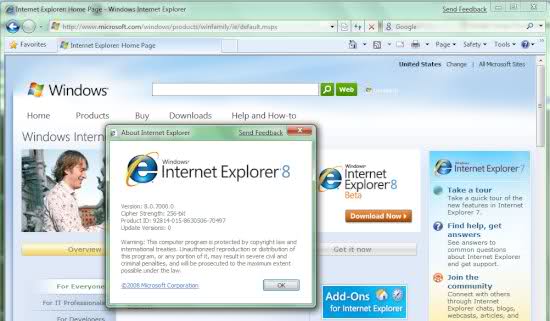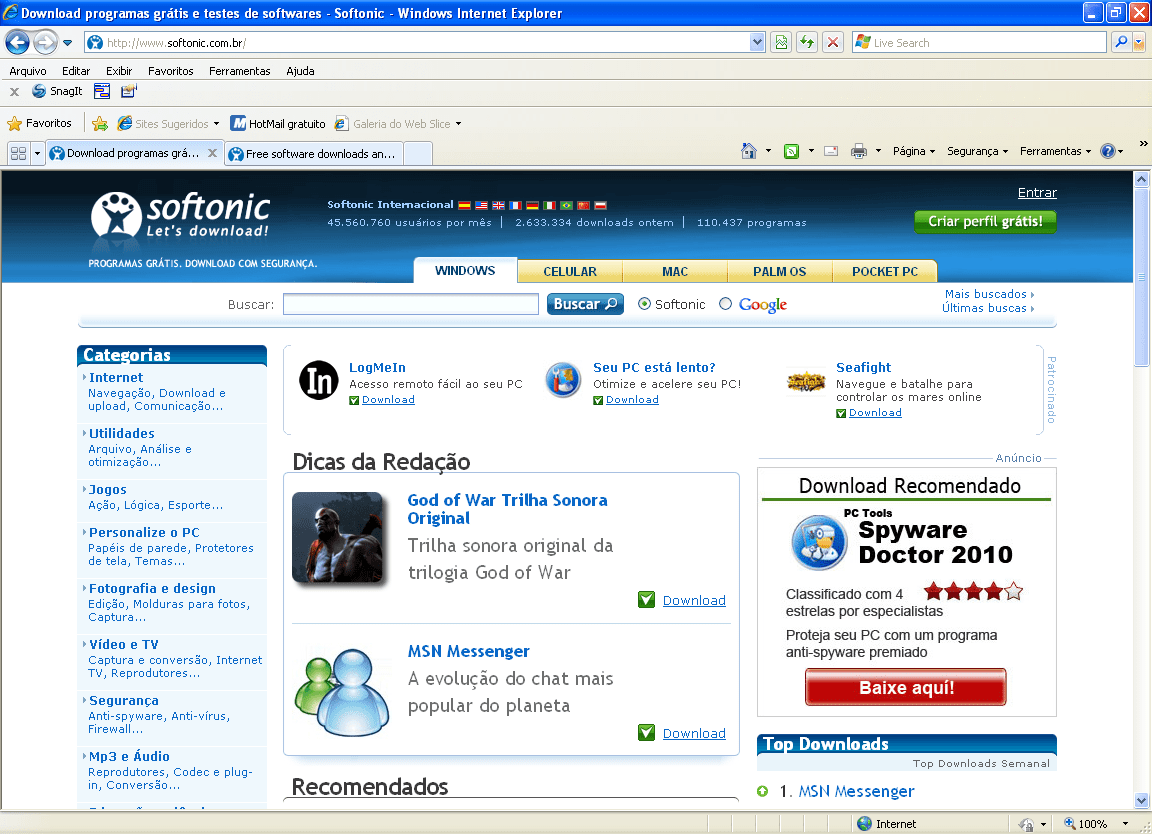
The Windows XP countdown and details page is here. If someone figures out a new way to hack into your pc thru a web page that involves a browser flaw, your XP IE8 system will not be getting updates to protected from that, but your Windows 7 IE8 would. If there were changes in HTML, like HTML5, only upgrading to the latest browser that implemented those features (like Canvas, WebSockets, etc) was the only way to expect to get those features. Practically speaking, IE 8 code was frozen feature-wise pretty much the day it was released, with the exception of security patches.

So when support for that OS ends, then support for any underlying components will also end (i.e.

The support matrix for IE shows that all versions of IE are considered components of the operating system they are currently on.


 0 kommentar(er)
0 kommentar(er)
